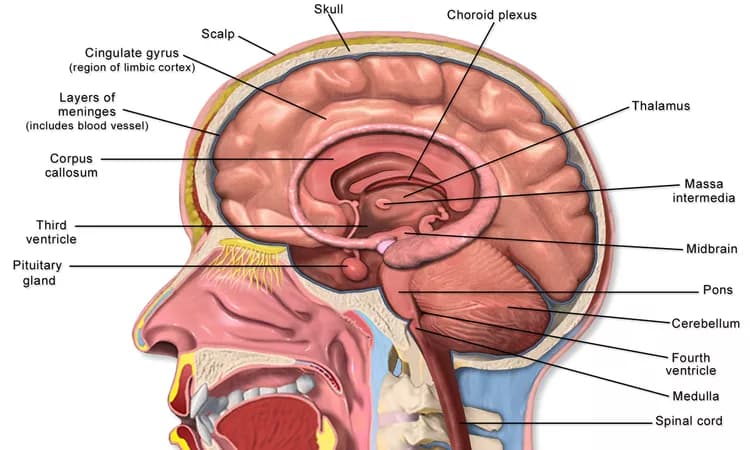
Our Brain's Filing System For Storing Experiences Uncovered
A team of neuroscientists has uncovered how our brains organize, over time, our experiences: that is, according to their similarities.
"It is as if in order to make sense of the world, the brain re-organizes individual distinct experiences into information clusters -- perhaps signaling the emergence of conceptual knowledge," observes Lila Davachi, an associate professor in NYU's Department of Psychology and the senior author of the paper, which appears in the journal Neuron.
The work, co-authored with Alexa Tompary, a recent NYU doctoral recipient, explored how memories become transformed over time -- a core question in memory research.
In their study, the researchers examined a specific dynamic: whether and how the brain would represent the similarities or shared features across individual experiences.
To do so, they conducted an experiment in which subjects learned a series of object-scene associations. Over the course of the experiment, they viewed several individual objects (e.g., a tennis racquet) on a computer screen, with each object paired with pictures of four repeating scenes (a beach scene, for example) The researchers then tested subjects' ability to match the objects with the scenes they viewed at two time periods: immediately after the experiment and one week later.
During these recall periods, the researchers studied the subjects' neural patterns of activation associated with individual memories.
The results showed that, immediately after learning, there was no discernible overlap in the pattern of activation associated with the memories for the objects paired with the same scene picture. However, after one week, the activation patterns were more overlapping in the brain's hippocampus and its medial prefrontal cortex (mPFC) -- in other words, over time, the brain had organized the information according to their overlap.
In addition, that scientists found that this structuring of experience with time was inversely related to the fidelity of individual memory reinstatement -- in organizing related memories, patterns of activation that corresponded to details of a specific memory were diminished.
"This aspect of the research points to the tension between 'good memory' and learning -- if we remember each individual experience as it was encountered, are we able to effectively learn about the underlying regularities across experiences?" asks Tompary. "We see evidence for this competition in our neural analysis of memory structures in the brain."
Materials provided by New York University. Note: Content may be edited for style and length.
Disclaimer: DoveMed is not responsible for the accuracy of the adapted version of news releases posted to DoveMed by contributing universities and institutions.
References:
Alexa Tompary, Lila Davachi. (2017). Consolidation Promotes the Emergence of Representational Overlap in the Hippocampus and Medial Prefrontal Cortex. Neuron. DOI: 10.1016/j.neuron.2017.09.005
Related Articles
Test Your Knowledge
Asked by users
Related Centers
Related Specialties
Related Physicians
Related Procedures
Related Resources
Join DoveHubs
and connect with fellow professionals

0 Comments
Please log in to post a comment.